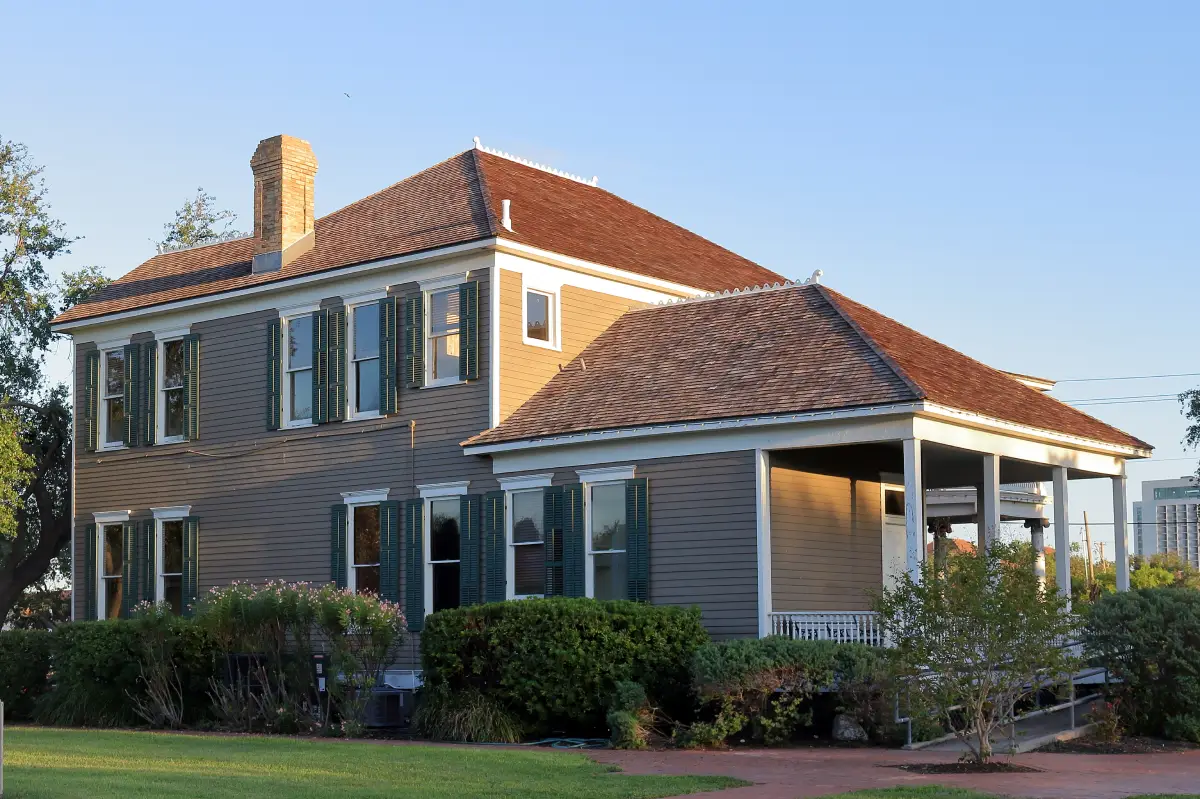Sacramento is a city where neighborhoods thrive on community spirit, and HOAs play a key role in keeping that spirit alive. From maintaining tree-lined streets to ensuring playgrounds and clubhouses stay safe and inviting, these associations rely heavily on timely homeowner contributions. Yet when dues are missed, the impact is immediate: projects stall, maintenance slips, and neighbors begin to feel the strain.
For board members, the challenge is twofold: they must show compassion for neighbors who may be struggling while also protecting the financial health of the entire association. Many homeowners are unaware of just how critical their dues are or how missed payments can ripple through a community. Guides, such as creating a strong compliance culture, can help both residents and board members better understand why timely payments matter and how accountability benefits everyone.
Key Takeaways
- HOA dues support services, amenities, and neighborhood value.
- Unpaid accounts can disrupt projects and frustrate residents.
- Clear policies and reminders help prevent delinquency.
- Neutral and consistent enforcement strengthens trust.
- Professional management simplifies compliance with California law.
Why HOA Fees Matter to Sacramento Communities
HOA dues are the foundation of an association’s financial stability. In Sacramento, they fund landscaping, pool and clubhouse maintenance, lighting, security, and essential repairs. They also provide reserves for future needs, reducing the likelihood of sudden special assessments that burden homeowners.
When payments are missed, the board faces tough choices. Should they reduce landscaping schedules, delay roof repairs, or cancel community events? Each of these decisions not only affects the appearance and functionality of the neighborhood but also influences long-term property values. According to recent discussions on whether HOAs increase property values, consistent funding plays a central role in maintaining real estate appeal across Sacramento.
Reliable fee collection is therefore about more than keeping the lights on. It is about preserving pride in the community and ensuring every resident benefits from a well-managed environment.
Common Causes of Late HOA Payments
Late payments occur for many reasons, and boards should understand the common patterns to respond effectively.
Financial hardships
Unexpected expenses, job loss, or medical bills can temporarily disrupt a household’s ability to pay dues on time.
Oversight or confusion
Busy schedules, misplaced invoices, or unclear payment instructions can result in unintentional delinquency.
Disagreements with the board
Some homeowners withhold payments as a protest against board policies or spending priorities, creating conflict.
Absentee owners
Landlords or seasonal residents may not pay close attention to notices or reminders, leading to overdue accounts.
By recognizing these root causes, boards can develop solutions ranging from repayment plans to more structured enforcement measures.
Prevention Through Strong Policies and Clear Communication
Prevention is always more efficient than chasing overdue accounts. Well-drafted governing documents should outline:
- Due dates and acceptable payment methods
- Grace periods and late fee structures
- Steps the HOA will take if payments remain unpaid
Equally important is how boards communicate these rules. New homeowners should be educated at the time of move-in, and regular reminders should be issued before deadlines. Many Sacramento HOAs are turning to digital payment platforms that provide convenience for residents and transparency for boards.
Education also plays a vital role. When homeowners clearly understand how dues are spent and why they matter, they are more likely to comply. Sharing resources on Sacramento HOA solutions can reinforce a sense of shared responsibility and encourage accountability across the community.
Effective Approaches for Addressing Delinquent Accounts
Even with strong systems in place, delinquent accounts will occur. How a board handles these situations can either strengthen or weaken community trust.
- Start with courtesy: A friendly reminder often resolves the issue quickly.
- Offer repayment plans: Structured agreements help struggling families catch up without overwhelming them.
- Apply rules consistently: Selective enforcement undermines trust and exposes the board to legal risks.
- Escalate gradually: Move from reminders to formal notices, then demand letters, before pursuing legal options.
- Respect confidentiality: Avoid discussing delinquent accounts publicly, which can cause embarrassment and resentment.
Boards that emphasize fairness and professionalism send a clear message: dues collection is about protecting the community, not targeting individuals.
Legal Options Available to California HOAs
California law provides several remedies for associations when dues go unpaid, including:
- Applying late fees and interest
- Recording liens against properties
- Pursuing foreclosure in severe cases
While these measures exist to protect the financial integrity of HOAs, they must be applied carefully and with full compliance to state law. A misstep in timelines, notices, or documentation can create costly setbacks for the board.
This is one reason many Sacramento boards partner with professional managers who have expertise in compliance. Professional oversight ensures accuracy in every step, protecting both the association and its volunteer leaders.
Protecting Community Relationships While Enforcing Rules
Collecting dues from neighbors can be one of the most uncomfortable tasks for a volunteer board. To maintain harmony, boards should focus on transparency and neutrality.
Transparency
Regular financial reporting helps residents understand exactly how their dues are used. When homeowners see their money going toward landscaping, lighting, and community events, they are more likely to pay without frustration.
Neutrality
Shifting collections to a third-party management company removes personal conflict. Residents view enforcement as an objective process rather than a personal dispute, preserving trust within the community.
The Role of Professional HOA Management
PMI SacValley provides Sacramento boards with the structure, tools, and expertise to manage dues effectively. Services include:
- Automated billing and reminder systems
- Consistent enforcement of governing documents
- Transparent and accessible financial reporting
- Full compliance with California HOA regulations
- Professional communication that reduces conflict
In addition, professional managers assist with HOA meetings, budget preparation, and homeowner communication. Their support relieves volunteer boards from time-consuming administrative work and fosters a stronger, more transparent community culture.
Building Long-Term Stability in Sacramento Communities
Addressing delinquent dues is only part of the picture. Boards must also think long-term by building reserves, scheduling major repairs, and planning for future growth. When financial stability is achieved, communities can reduce special assessments, enhance amenities, and improve property values.
Sacramento neighborhoods that emphasize strong compliance, clear communication, and professional support are best positioned to thrive. Over time, these strategies foster pride and cooperation, creating a culture where timely payments are the standard.
Financial Confidence for Sacramento HOAs
Stable finances give associations the freedom to do more than maintain the basics. They allow boards to improve amenities, strengthen neighborhood appeal, and plan for the future. PMI SacValley provides the guidance and expertise needed to keep collections consistent and ensure compliance with California law. For board members ready to strengthen accountability and transparency, explore PMI SacValley’s accounting and reporting services and take the next step toward financial confidence.
FAQs
What happens if HOA dues go unpaid in Sacramento?
The HOA can apply late fees, issue notices, record liens, and, in serious cases, pursue foreclosure under California law.
Do Sacramento HOAs allow repayment plans?
Yes, many boards offer structured plans that allow homeowners to catch up without overwhelming financial strain.
Can HOAs in California charge unlimited late fees?
No, fees must comply with state regulations and the association’s governing documents.
Why is professional management important for Sacramento HOAs?
Managers provide legal compliance, clear communication, and structured enforcement, reducing conflict and ensuring accuracy.
How do HOA fees affect property values in Sacramento?
Consistent dues fund maintenance and amenities, which directly influence curb appeal and neighborhood desirability.


